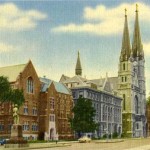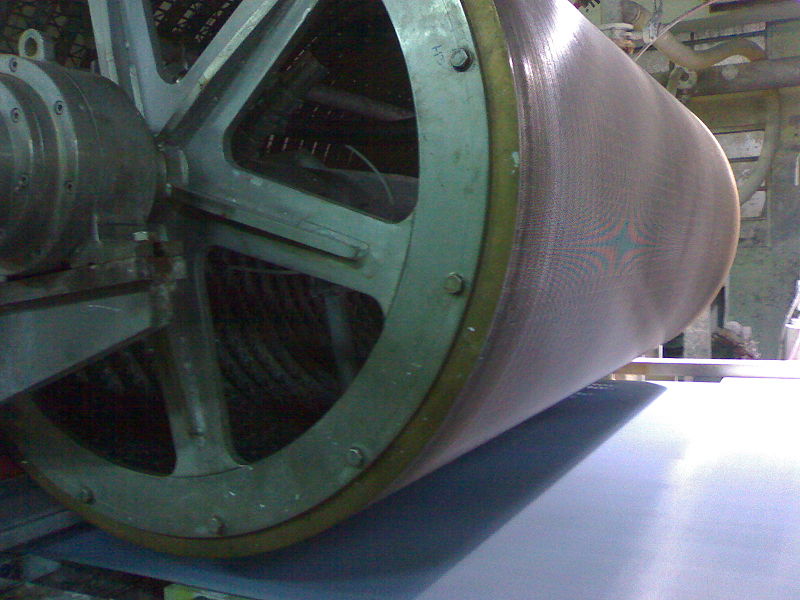Some Exam-Taking Advice from Professor Kircher
[Editor’s note: In this post, Professor John J. Kircher provides the first installment in our new series, “What are your best exam-taking tips for law students?”]
To begin with, always be careful to understand the “call” of the question. That is, what is the professor asking you to do? If he or she casts you in the role of the defense counsel and asks you to evaluate that side, don’t waste your time explaining what a great case the plaintiff has under the circumstances provided!
Also, if the question is jurisdiction-specific (e.g., Wisconsin), don’t waste your time and effort explaining the law of all other jurisdictions.
Finally, if you are uncertain about the answer to a particular question, go on to the other exam questions. It is better to have one unanswered question than to spin your wheels and waste time trying to figure out its answer only to have inadequate time to properly answer the remaining questions.


 An article, “Conciseness in Legal Writing,” by my colleague Lisa Hatlen in the June 2009 issue of Wisconsin Lawyer [at 21] got me thinking. My conclusion: I am surprised that “green” organizations do not picket at various appellate courthouses in this country, especially in Madison, Wisconsin. A lot of trees are paying a price for judicial verbosity.
An article, “Conciseness in Legal Writing,” by my colleague Lisa Hatlen in the June 2009 issue of Wisconsin Lawyer [at 21] got me thinking. My conclusion: I am surprised that “green” organizations do not picket at various appellate courthouses in this country, especially in Madison, Wisconsin. A lot of trees are paying a price for judicial verbosity.